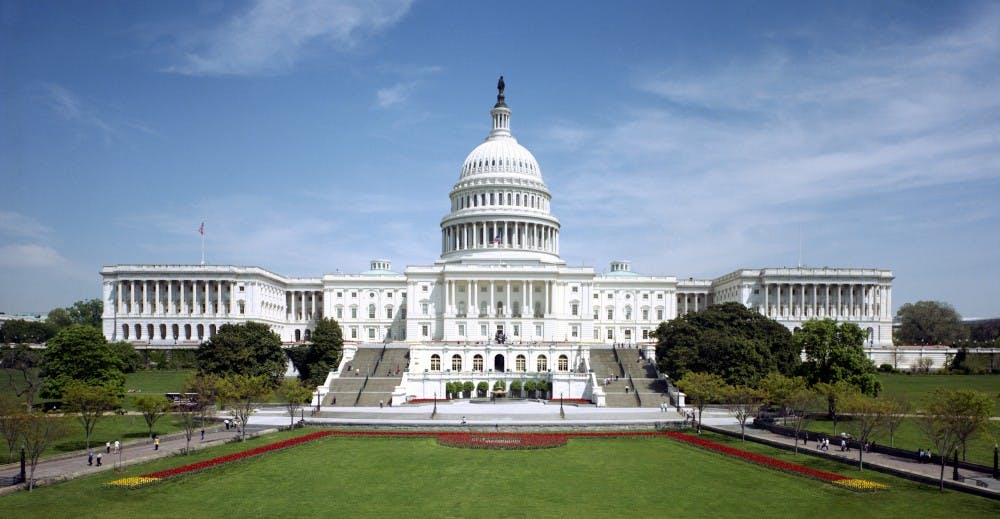In the days and weeks after the 2016 presidential election, our campus was witness to waves of intense initial activism and civic engagement. I was proud to see scientists in particular (many of whom had previously considered themselves apolitical or even indifferent to political events) organize together in an extraordinary effort, rapidly educating themselves and others on civic topics. I was impressed at how quickly and effectively groups on campus were able to train themselves in advocacy and activism principles. I was most inspired by how many of us took action in the months following the elections by engaging with our elected representatives, attending or organizing protests, or otherwise participating in the civic sphere. However, as we approach the 2018 midterm elections, I notice that our community is becoming desensitized to our present politics.
Desensitization is a regular part of our lives in many ways. Take, for example, the phenomenon of olfactory fatigue. This refers to a normal sensory adaptation resulting in the inability to perceive a particular odor after continuous exposure over a period of time. For example, you might smell eggs when you first walk into a kitchen where someone has recently prepared breakfast, but after a few minutes, you might no longer be aware of any smell of eggs. The prolonged exposure to the odor has a desensitizing effect, and the perception of this smell weakens over time until it is no longer recognized. This is a commonly experienced sensory adaptation thought to prevent overstimulation of the nervous system and also poise the nervous system for being able to smell new odors in the environment. However, it can also have a dangerous effect: If there are hazardous or toxic chemicals in the environment, we quickly become numb to the smell, and they can still be present without being detected through our nose.
This effect can extend to perceptions other than smell. I speak specifically about general desensitization to political turmoils — for example, in the face of an exhausting onslaught of outrageous news cycles. Indeed, many of us have experienced this over the past two years — but it is critical to remind ourselves in the current political climate that this is not normal. What we are living and witnessing in our present politics is highly anomalous, but more importantly, it cannot be dismissed or ignored. We must not allow ourselves to normalize the noxious.
The unprecedented denial of science by many members of the U.S. House of Representatives and U.S. Senate is unacceptable. These elected representatives can control legislation affecting our work as scientists but can also pass, prevent, or uphold legislation spanning many topics relevant to our everyday lives (and the lives of our friends and family) including health care, the environment, taxes, immigration, etc. Many of these legislators are up for re-election Tuesday, Nov. 6.
Therefore, our roles as voters in the upcoming midterm elections this November cannot be underestimated. I urge all members of the Princeton community — and call particularly on my fellow scientists, science enthusiasts, and believers of science — to take advantage of this pivotal moment in history by registering to vote this October and casting their ballots (either absentee or in person) to vote in November. Then, let us encourage our friends and family both at home and here to do the same. Together, let us elect a legislative body who understands science, how science works, and why science is important. This is our chance to make change.
Krupa Jani is a Graduate Student from Rockaway, NJ. Princeton Citizen Scientists is a group of graduate students that defends science, especially in public policy.








